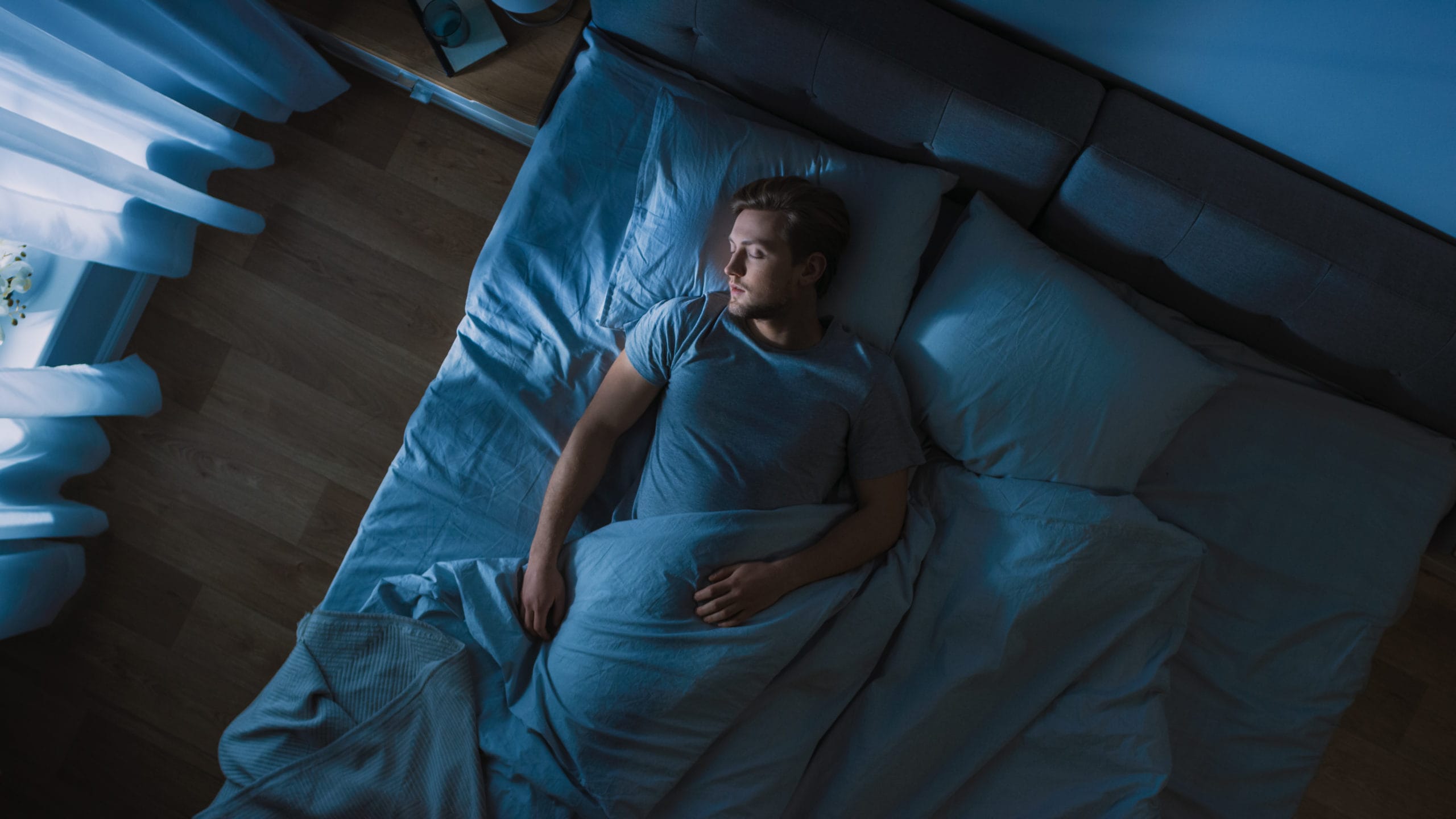Sleep Tight, Think Right: 5 Tips for Better Sleep to Improve Your Mental Health
Sleep plays a vital role in our overall wellbeing, influencing both our physical and mental health. While we often think of sleep as a time of rest, it is important to understand its impact on our mental wellbeing. By recognising the connection between sleep and its influence on our mental health, we can take proactive steps to prioritise quality sleep and nurture our own mental wellbeing.
A good night’s sleep is more than just feeling refreshed; it forms the foundation of our mental wellness.Studies recommend adults aim for 7-9 hours of quality sleep each night for optimal mental wellbeing. Adequate sleep enables our brain to recharge, process information, and consolidate memories. In fact, research has shown that sleep deficiency is strongly linked to mental health conditions such as depression, anxiety, and bipolar disorder. Insufficient sleep not only worsens existing mental health issues but can also make it challenging to cope with daily stressors.
Here are 5 quick tips for better-quality sleep:
- Establish a consistent sleep schedule: Go to bed and wake up at the same time every day, even on weekends.
- Create a relaxing bedtime routine: Practise calming activities before bed, such as reading a book or taking a warm bath.
- Optimise your sleep environment: Ensure your bedroom is cool, dark, and quiet, and invest in a comfortable mattress and pillows.
- Limit screen time before bed: Avoid using electronic devices for at least an hour before sleep to reduce exposure to blue light.
- Prioritise physical activity: Engage in regular exercise during the day to promote better sleep at night.
Sleep plays a critical role in emotional regulation and stress management. When we are well-rested, we are better equipped to handle emotional ups and downs, process challenging situations, and maintain emotional balance. On the other hand, sleep deprivation can lead to increased irritability, mood swings, and a diminished ability to cope with stress. Prioritising quality sleep can significantly enhance our emotional resilience and overall mental health.
For individuals facing mental health challenges, sleep becomes a powerful tool in their journey to positive mental wellbeing. Just one night of inadequate sleep can have a noticeable impact on our emotional state and cognitive function. Quality sleep supports and enhances the effectiveness of mental health treatments, including therapy and medication. It promotes emotional stability, improves cognitive function, and helps individuals regain control over their lives.
By recognising the importance of sleep and its impact on mental health, we can prioritise healthy sleep habits and make a conscious effort to improve our sleep quality. At St John WA, we offer a First Aid for Mental Health course that covers the importance of sleep on our mental health, as well as providing you with the knowledge and skills to recognise signs of mental health issues and take crucial steps towards seeking professional care.
Our one-day course also furthers your understanding of mental health and teaches you how to provide support to yourself or others during a mental health crisis. If you’re interested in building key skills to take care of your mental health and wellbeing, enrol at bit.ly/44OkxwB.
